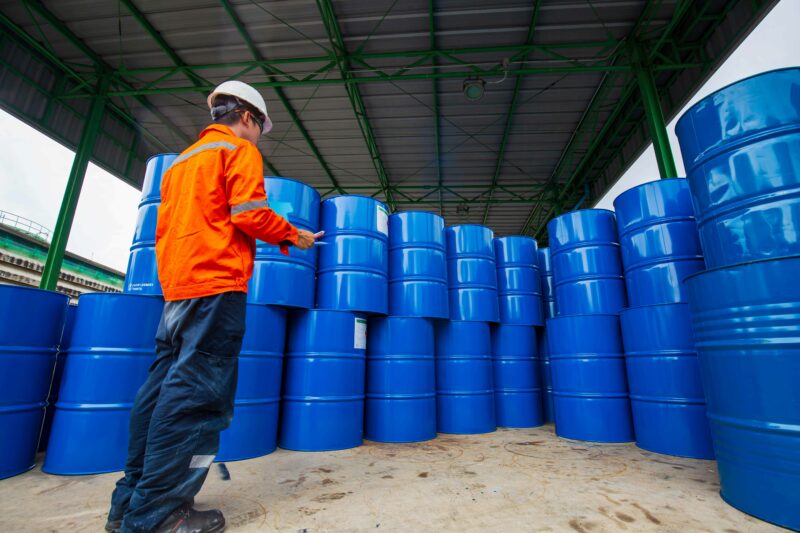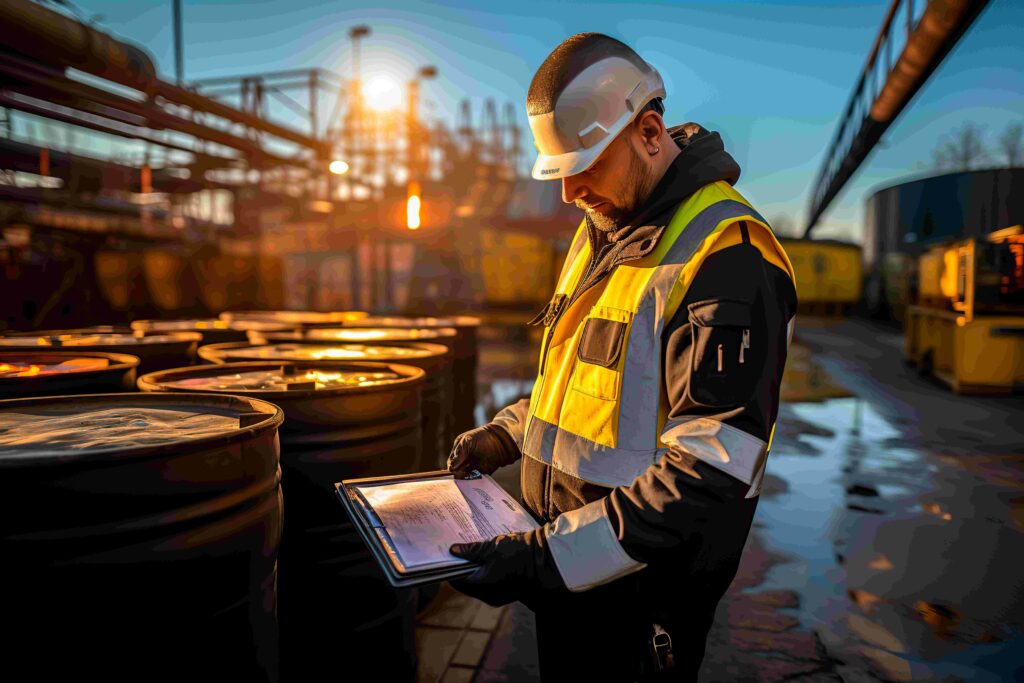Bunding Pallets: A Key Component In Eco-Friendly Waste Management
Industries are increasingly recognizing the need for sustainable practices in waste management. The global push toward minimizing environmental impact has led to innovative strategies for handling industrial waste, including the introduction of more efficient and eco-friendly storage and transportation methods.
One such innovation is the use of bunding pallets in waste management systems. These specially designed pallets play a critical role in ensuring that harmful substances do not pollute the environment, making them indispensable in industries focused on eco-friendly waste management.
Understanding Bunded Pallets
Sustainability isn’t just a buzzword—it has become an integral aspect of business operations across various sectors. Companies today are investing in green technologies and methodologies to minimize their carbon footprints, reduce waste, and protect the environment.
Central to these efforts are solutions that promote the safe handling of hazardous materials and ensure compliance with environmental regulations. This is where bunded pallets emerge as a pivotal component in the eco-friendly waste management process.
Bunded pallets, also known as spill pallets, are specialized containment units used for storing and transporting hazardous liquids or materials. They’re designed with a built-in bund, or secondary containment system, that captures any spills or leaks from containers placed on the pallet. This feature prevents contaminants from escaping into the environment, making bunded pallets essential in industries that deal with potentially harmful substances.
The design of bunded pallets varies depending on their intended use. Some are made from high-density polyethylene, which is resistant to chemicals, while others are constructed from steel for added durability. These pallets come in different sizes and capacities, allowing them to accommodate various types of containers, including drums, IBCs (intermediate bulk containers), and smaller containers used for hazardous materials. The bunded area is typically large enough to hold 110% of the contents of the largest container placed on the pallet, ensuring that any spills are effectively contained.
The Role of Bunded Pallets in Eco-Friendly Waste Management

Bunded pallets are critical in preventing environmental contamination, which is a key concern in waste management. When hazardous materials such as chemicals, oils, or solvents are stored improperly, they can leak into the ground or water systems, causing significant damage to ecosystems and posing risks to human health. The use of bunded pallets mitigates these risks by providing an additional layer of protection, ensuring that spills are contained before they can cause harm.
In many industries, regulations require that companies implement measures to prevent spills and leaks from contaminating the environment. Bunded pallets are often part of these compliance measures, as they help businesses meet legal requirements related to the storage and handling of hazardous materials. By using bunded pallets, companies not only protect the environment but also avoid costly fines and legal repercussions associated with non-compliance.
Furthermore, bunded pallets contribute to the overall sustainability of waste management systems by reducing the likelihood of waste generation. When spills are contained, there is less need for extensive cleanup efforts, which can result in additional waste, such as contaminated soil or absorbent materials. By preventing spills in the first place, bunded pallets help minimize the volume of waste that must be managed, further supporting eco-friendly waste management practices.
Key Industries Utilizing Bunded Pallets
Several industries rely heavily on bunded pallets for eco-friendly waste management, particularly those that handle hazardous materials regularly. These include:-
Chemical Manufacturing: The chemical industry often deals with substances that can be harmful to both the environment and human health. Bunded pallets are commonly used to store chemical drums and containers, ensuring that any leaks are safely contained and do not pose a threat to the surrounding area.
Oil and Gas: In the oil and gas sector, bunded pallets are used to store drums of oil, lubricants, and other potentially hazardous liquids. The secondary containment provided by bunded pallets is crucial in preventing spills that could lead to soil and water contamination, which can have long-lasting effects on ecosystems.
Pharmaceuticals: The pharmaceutical industry requires strict adherence to environmental and safety standards when handling chemical compounds and solvents. Bunded pallets are an essential tool in ensuring that any accidental spills are contained, thereby preventing contamination and reducing the risk of harmful exposure.
Food and Beverage: Although not traditionally associated with hazardous materials, the food and beverage industry also utilizes bunded pallets, particularly when dealing with cleaning agents, sanitizers, and other chemicals used in production processes. Proper containment of these substances is vital for maintaining sanitary conditions and protecting the environment from potential harm.
The use of bunded pallets aligns with broader sustainability goals by reducing waste and minimizing the environmental impact of industrial activities. Companies that prioritize sustainability are more likely to adopt eco-friendly waste management practices, and bunded pallets are a key component of these efforts.
Conclusion
Bunded pallets are a vital component in the movement toward eco-friendly waste management practices. Their role in enhancing safety, ensuring regulatory compliance, and reducing waste through reusability makes them an invaluable asset across various sectors.




